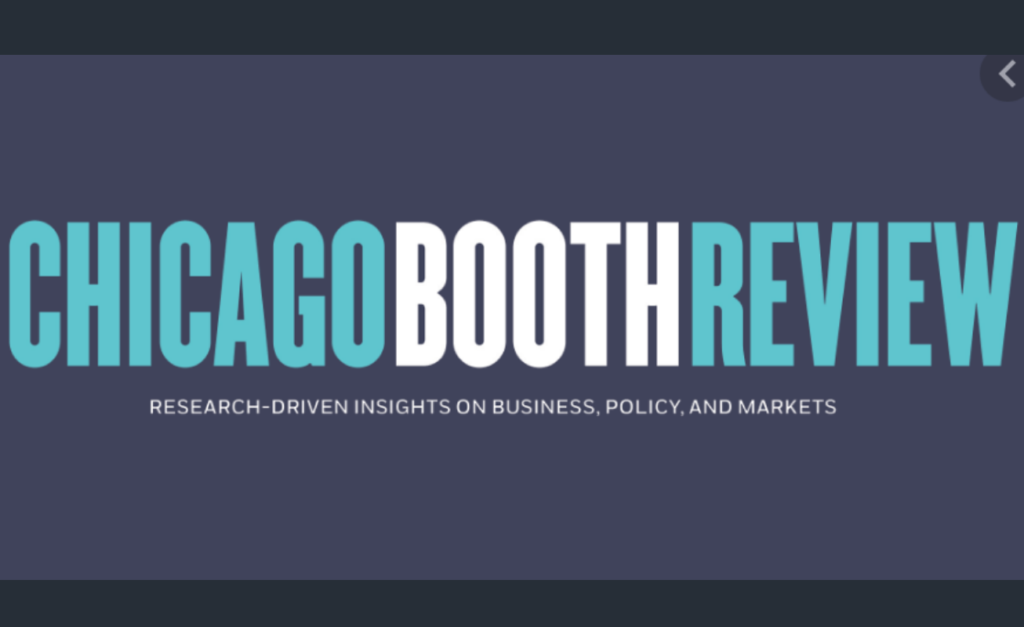Policy makers don’t have to choose between public health and economic well-being.
The American economy—like those of many countries—is reeling. As COVID-19 forces businesses to shut their doors and consumers to retreat within their homes, the stock market has plummeted and unemployment-insurance claims have skyrocketed. Many people are predicting that we will soon experience a severe recession, in the United States and around the world.
So it may come as no surprise that in this gloomy environment, there are growing concerns that the economic costs of mitigating the spread of COVID-19—through social distancing and/or isolation, the approaches favored by many health experts—are worse than the health costs we would incur by relaxing such measures. As US president Donald Trump put it on Twitter, “We cannot let the cure be worse than the problem itself.”
Trade-offs are central to economics…
Because of these trade-offs, reasonable people with a shared goal can disagree, simply because they have differing views of, for instance, the elasticity of labor supply (how workers respond to changes in after-tax wages), the degree of moral hazard (how people respond to the out-of-pocket price of health care), and so on.
However, when it comes to COVID-19, the conventional economic trade-offs are greatly overstated. Indeed, I’m worried that the language of trade-offs is being co-opted to push for shareholder bailouts and corporate cronyism. Some of the “trade-offs” being weighed in discussions of policy are not trade-offs at all. We economists should get ahead of this and call it what it is: nonsense.
In the public debate over how to treat the virus and how to minimize the resulting economic damage, two false trade-offs have been particularly pernicious.
False trade-off No. 1: The virus versus the economy
“Anything that slows the rate of the virus is the best thing you can do for the economy, even if by conventional measures it’s bad for the economy,” my Chicago Booth colleague Austan D. Goolsbee told the New York Times’ David Leonhardt.
This should be the first rule of virus economics. Prioritizing the medical battle against COVID-19 helps us in the economic battle on two fronts…
Read this full piece by Neale Mahoney in the magazine of the University of Chicago’s Booth School of Business here: https://review.chicagobooth.edu/economics/2020/article/don-t-fall-false-trade-offs-covid-19-policy
